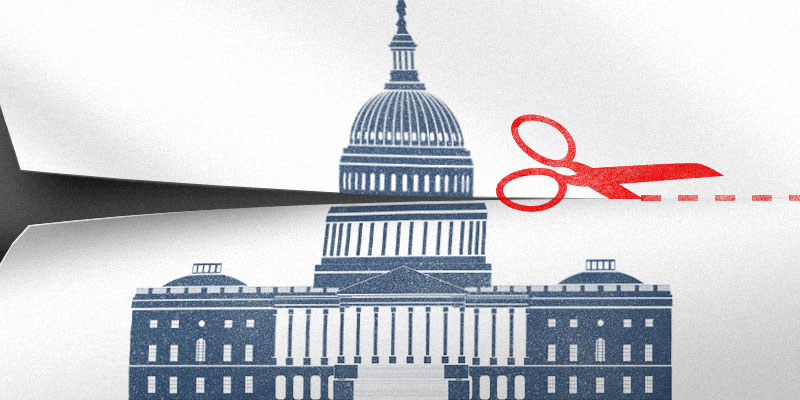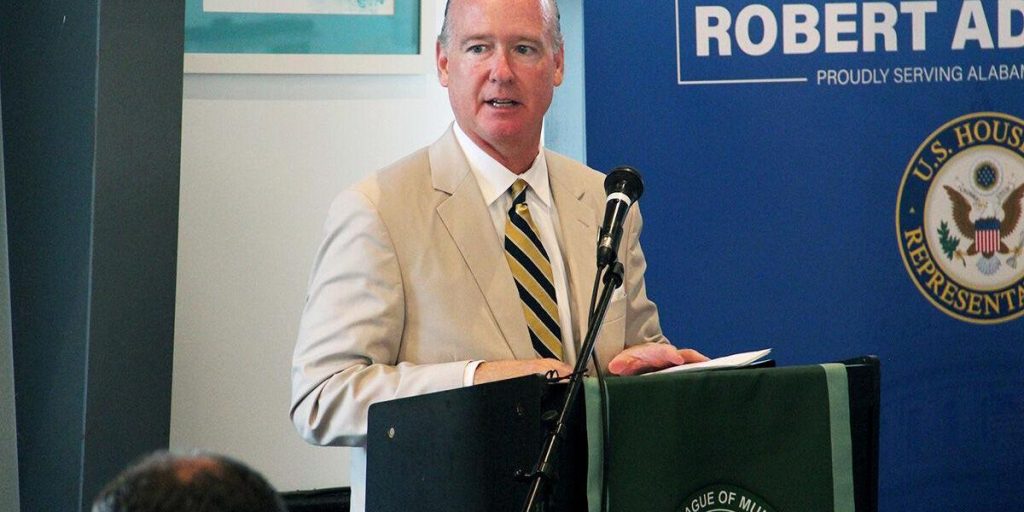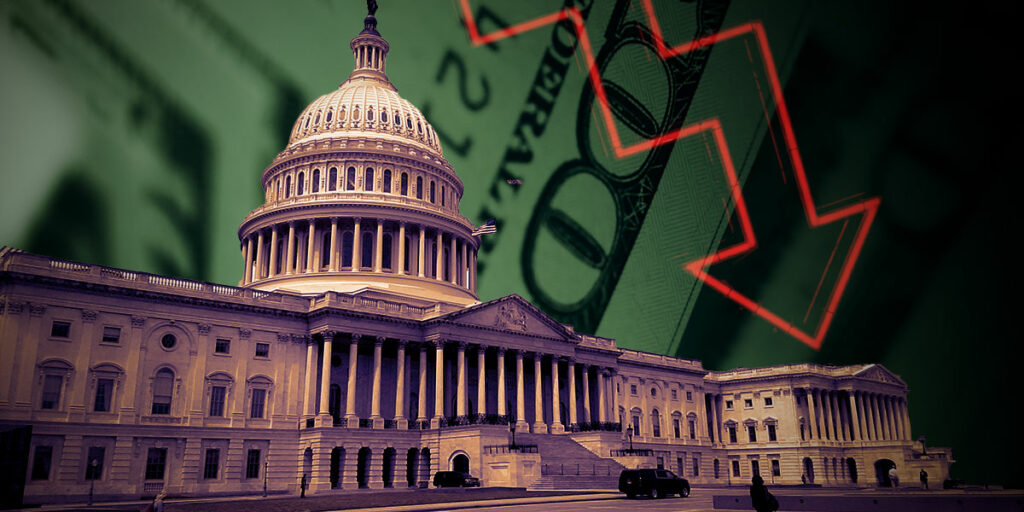Congress is on track to trigger a government shutdown Oct. 1 if it fails to pass the required appropriations bills.
As the deadline approaches, House Speaker Kevin McCarthy is advocating for a short-term solution to finance the government. But McCarthy’s plan faces internal resistance, with a segment of House GOP members opposing it – guaranteeing rejection in the Democratic-majority Senate.
RELATED: Aderholt ‘optimistic’ Congress will avoid government shutdown
On the Senate side, Sen. Katie Britt joined bipartisan group of 11 colleagues as a co-sponsor of Sen. James Lankford’s (R-Okla.) “Prevent Government Shutdowns Act of 2023.” The legislation would permanently end the practice of shutting down the federal government if Congress fails to enact spending bills by the start of the next fiscal year.
“The American people are tired of seeing critical government services being held hostage while Congress irresponsibly pushes to pass massive spending bills at the last minute,” Britt (R-Montgomery) said. “Taxpayers shouldn’t be forced to keep paying the price for this budgetary political brinksmanship.”
Federal agencies are prohibited from spending without congressional appropriation. If some, but not all, appropriations bills are passed, only the unfunded agencies will cease, resulting in a partial shutdown.
RELATED: Carl says some Republicans want a government shutdown
Historically, prolonged government shutdowns have occurred four times.
In 2013, a 16-day shutdown went into effect over Affordable Care Act funding and, most recently, a 35-day partial shutdown carried over from December 2018 into January 2019.
Britt said she wants to permanently prevent that from happening.
“This commonsense bill would ensure we have a fail-safe mechanism in place that will take these drastic options off the table, so members of the Senate and the House have time to draft the best bills possible in a transparent, accountable, and judicious manner,” she said.
Britt and Sen. Mike Braun (R-Ind.) introduced the bipartisan “No Budget, No Pay Act” this year. It simply states that if members of Congress don’t pass funding measures – they won’t receive a salary until they do.
With no clear path on how to fund the government past Sept. 30, Congress has less than two weeks to come to an agreement.
Grayson Everett is a staff writer for Yellowhammer News. You can follow him on Twitter @Grayson270













